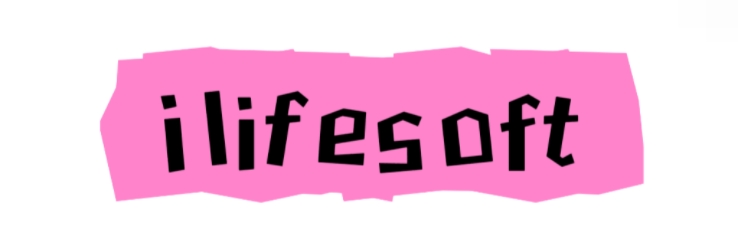How to Choose the Right Dust Screen Fabric?
Oct. 21, 2024
Choosing the right dust screen fabric can significantly enhance your environment, whether in your home, office, or any workspace. With various options available on the market, it's crucial to understand the factors that come into play when selecting the most suitable one for your needs.
Understanding Dust Screen Fabric
Dust screen fabric is designed to filter out dust particles, insects, and other unwanted debris, allowing clean air and light to pass through while reducing allergens. Made from various materials, each type offers different benefits, such as durability, aesthetics, and ease of maintenance.
Factors to Consider When Choosing Dust Screen Fabric
1. Material Composition
The material of the dust screen fabric plays a vital role in its efficiency and longevity. Common materials include polyester, fiberglass, and cotton. For maximum durability and effectiveness, consider high-quality options like the Qicai dust screen fabric, which is designed specifically against dust, insects, and pollen.
2. Mesh Size
The mesh size is crucial in determining the fabric's filtration capabilities. A finer mesh will trap smaller particles but may reduce airflow. Conversely, a coarser mesh allows for better ventilation but may let in more dust. Balance is key to finding the right fit for your space.
3. UV Protection
If you intend to use the dust screen fabric outdoors, consider options that offer UV protection. This feature prevents the material from degrading under sunlight and protects your indoor spaces from harmful UV rays.
4. Aesthetic Appeal
Appearance matters! Choose a dust screen fabric that complements your decor. Various colors and patterns can enhance the visual appeal of a room while providing necessary functionality.
Where to Find Quality Dust Screen Fabric
For high-quality, custom options, visit our website, where you'll find a wide range of choices tailored to your specific needs. Understanding your requirements and preferences is essential in making the best choice.
Conclusion
Investing in the right dust screen fabric can lead to a cleaner and more pleasant living or working space. Take your time to assess the material, mesh size, UV protection, and aesthetic appeal before making a decision. Don't hesitate to explore options at Qicai for the best in dust screen fabric solutions.
116
0
0

Comments
All Comments (0)